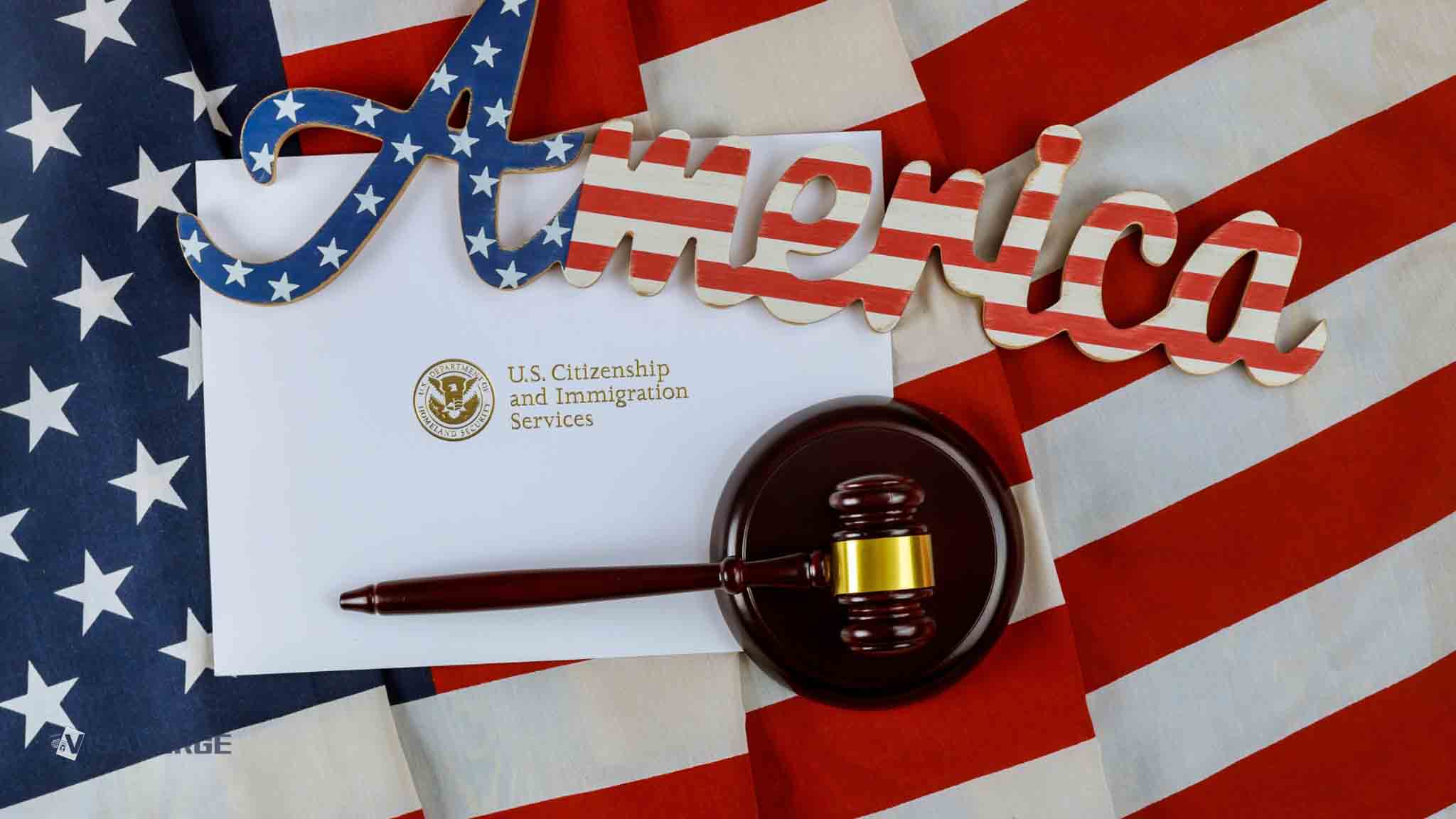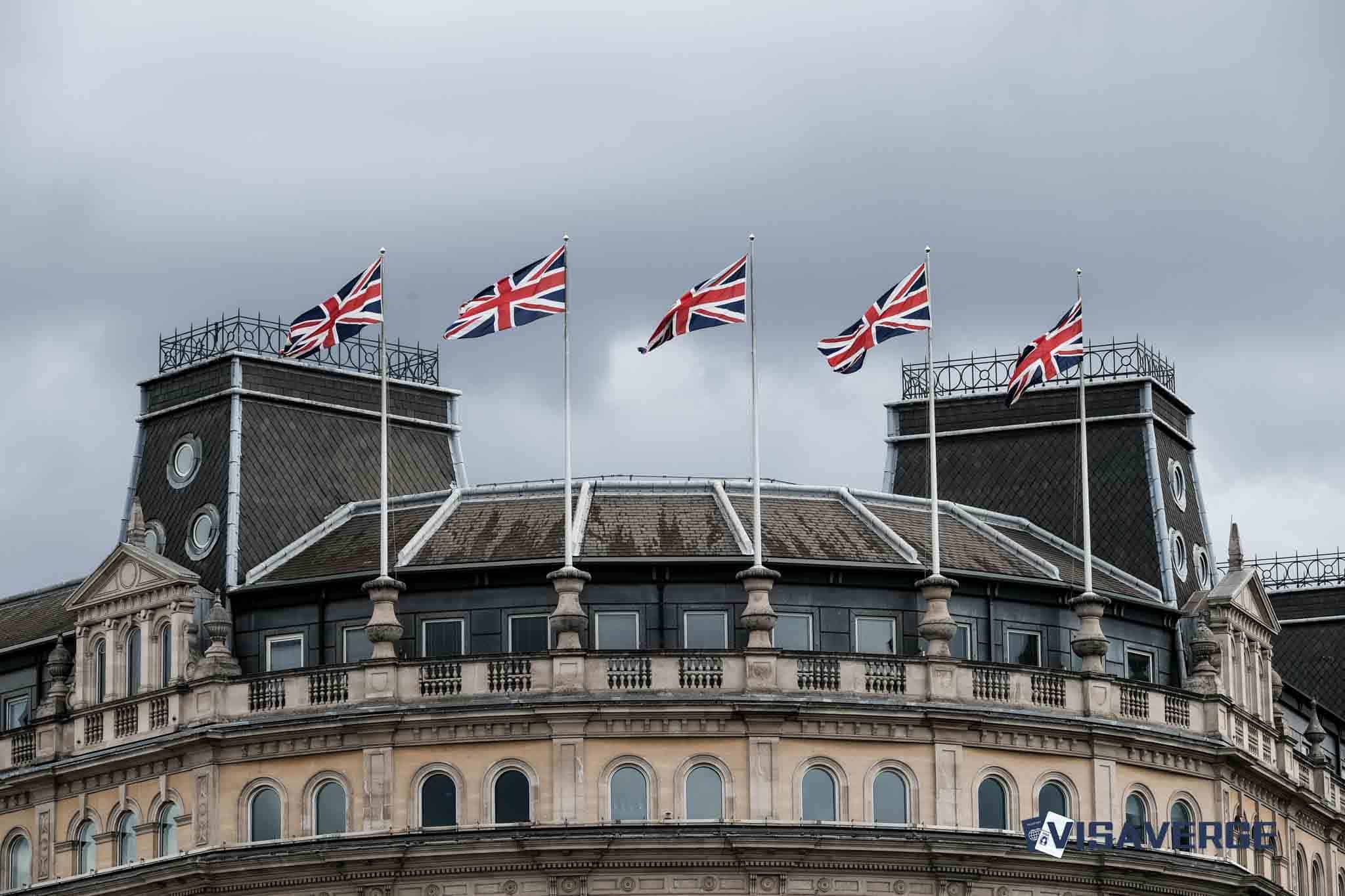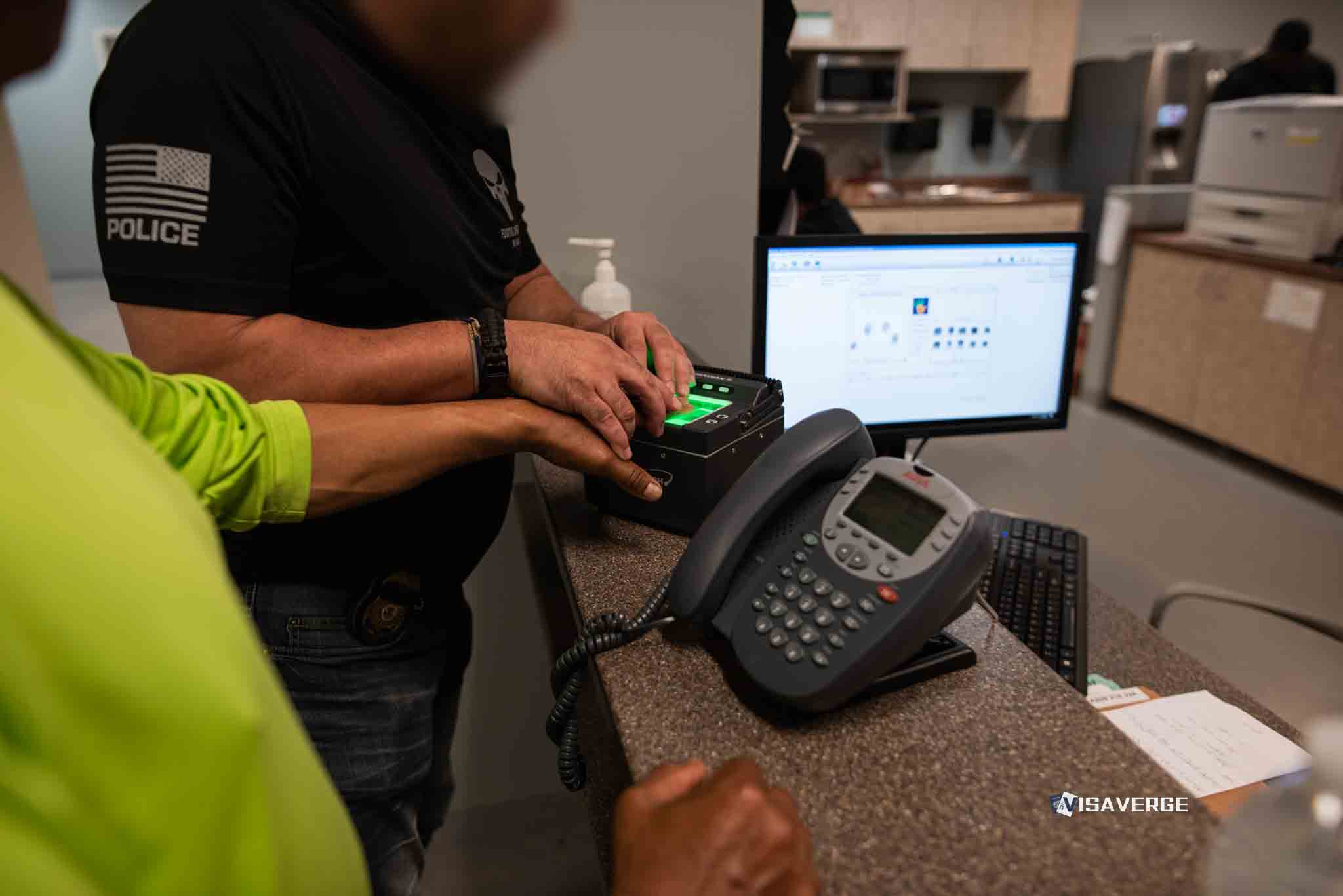(MINNEAPOLIS–ST. PAUL METROPOLITAN AREA) A sweeping fraud sweep in Minnesota has put Indian students and professionals on edge, as federal agencies confirmed “Operation Twin Shield” uncovered widespread abuse in H-1B visas and F-1 visas—two programs widely used by Indian nationals.
Between September 19 and 28, 2025, U.S. Citizenship and Immigration Services (USCIS), working with Immigration and Customs Enforcement (ICE) and the FBI, reviewed more than 1,000 pending cases, made over 900 site visits and interviews, flagged 275 cases for fraud or non-compliance, issued 42 Notices to Appear or ICE referrals, and made 4 arrests.

Authorities say the campaign, focused on the Twin Cities, is the first time USCIS has concentrated so many fraud detection resources in one metro area. Similar operations are planned under Executive Order 14161.
Agency statements and examples
USCIS Director Joseph B. Edlow said, “Immigration fraud undermines the integrity of our lawful immigration system … With help from ICE and the FBI, Operation Twin Shield was a tremendous success — hundreds of bad actors will be held accountable.”
Officials described schemes ranging from fake employment to sham marriages and overstays. In one case, a fraudster bought a “death certificate” for $100 to claim a spousal termination even though the spouse was alive and living nearby.
Impact on Indian communities
The operation did not target any nationality by design, according to USCIS. Still, the impact on Indian communities is clear.
- Indian nationals make up a large share of H-1B workers and a major portion of F-1 students, so tighter checks will fall heavily on them.
- The agency’s findings—and the promise of more sweeps in other cities—signal a tougher climate for petitions, extensions, and changes of status in these categories.
Visa attorneys in the Twin Cities summarize the message simply: honesty and clean records are not optional. Minor errors that once led to a Request for Evidence could now trigger deeper review, or even a referral.
What enforcement looks like in practice
Practical enforcement steps being reported include:
- Workplace visits for H-1B holders
- Extra interviews for F-1 students
- Closer inspection of employer records, payroll, and real job duties
Analysis by VisaVerge.com notes that fraud patterns—such as sham job offers and offsite benching—have pushed investigators to verify day-to-day work, not just offer letters.
Fraud indicators cited by officers included:
- Doctored pay stubs
- Contracts that did not match real client assignments
- School records failing basic checks
- Gaps in status or mismatched travel dates
- Employer letters that could not be verified
The operation’s 44% problem rate—cases with fraud, non-compliance, or security concerns—suggests both intentional schemes and sloppy filings were in play.
Key takeaway: both deliberate fraud and careless paperwork can trigger serious consequences.
Enforcement framework and what comes next
Operation Twin Shield is widely seen as a pilot for a larger effort under Executive Order 14161, which directs agencies to step up action against immigration-related security risks.
Officials confirmed that similar concentrated sweeps are planned for other U.S. cities. For employers and schools, this means:
- Higher chance of unannounced site visits to confirm H-1B workers are on payroll, at the correct location, and performing the specialty job listed in the petition
- Closer checks on F-1 student enrollment, attendance, and proper issuance of Form I-20
USCIS reforms intersecting with the crackdown:
- The H-1B registration system now selects unique individuals rather than multiple entries, reducing duplicate filings.
- Past filings tied to multiple shell companies are under review for possible misrepresentation.
- Agencies warn that fraud tied to multiple H-1B registrations, sham offers, or fake documents can lead to denials, revocations, criminal charges, and lifetime bars under INA § 212(a)(6)(C)(i).
Financial and regulatory changes affecting employers and applicants:
- The “One Big Beautiful Bill Act” (H.R. 1) introduced a $250 “Visa Integrity Fee” for nonimmigrant visa applicants, including H-1B and F-1 applicants. USCIS published implementation details in July 2025, stating the fee applies at issuance and cannot be waived.
- A presidential proclamation set a $100,000 H-1B fee for certain new H-1B employers and beneficiaries, focusing on heavy users and entities linked to abuse. Renewals are not covered, but the new charge is already influencing IT hiring choices.
For official guidance on workplace checks and fraud reporting, USCIS maintains a resource page: Combating Fraud and Abuse in the H-1B Visa Program.
How Indian applicants can prepare right now
USCIS says no nationality is singled out, but India’s large share of H-1B and F-1 users means many will feel these changes first. Students, workers, and sponsors should tighten their files and prepare for direct checks tied to Operation Twin Shield and future sweeps.
Practical steps include:
- Keep records spotless
- Save pay slips, tax forms, client letters, academic transcripts, I-94 travel history, and updated address records.
- Ensure all names, dates, and job titles match across documents. Even small mismatches can raise red flags.
- Expect unannounced visits
- Under the Administrative Site Visit and Verification Program (ASVVP), officers may visit H-1B workplaces or school campuses without notice.
- Be ready to show real work space, supervisor contact, and evidence of active study.
- Verify every claim
- Do not agree to “benching,” off-the-books pay, or ghost employment.
- Avoid sham marriages and never purchase or create a fake document.
- Confirm the right forms
- H-1B employers file Form I-129 for a specialty occupation petition.
- F-1 students receive Form I-20 from their school.
- Most applicants complete the online Form DS-160 for the visa interview.
- Use only official versions:
- Get legal review
- A seasoned attorney can spot weak points before filing and advise on site visit protocol, client letters, and third-party placement rules.
- Track updates
- Rules and interview patterns can shift quickly. Follow agency releases and check school or employer guidance often.
Employers in the Twin Cities are revisiting compliance basics—posting wage notices, confirming Labor Condition Application terms at each worksite, and updating end-client letters when roles change. Schools are auditing student records to confirm full-time study, timely program updates, and proper Curricular Practical Training (CPT) or Optional Practical Training (OPT) authorization before any off-campus work.
Human impact and daily realities
For many families, the human cost looms large.
- A software engineer described skipping holiday travel after hearing about surprise checks: “I’ve never done anything wrong, but I don’t want to be outside the country if they ask questions at work.”
- A graduate student said she now keeps a folder with transcripts, enrollment proof, and housing records in her backpack: “If they ask, I can show everything.”
These quiet shifts show how enforcement touches daily life, not just case files.
Investigators are looking hardest at:
- Third-party placement and rapidly changing client worksites
- Thin training firms
- Schools with a history of status issues
That does not make such setups illegal; it means records must prove that the job is real, meets specialty-occupation standards, and matches what USCIS approved—or that the student is enrolled full time and working only with proper authorization.
Warning: reduced margin for error
Attorneys warn the margin for error has narrowed. A stray date, a missing page, or an unclear job title can trigger:
- A site visit
- A Request for Evidence escalation
- An NTA (Notice to Appear)
Prepare for follow-up questions that test real-world details:
- Who is your direct supervisor?
- Where is your desk?
- What courses are you taking this term?
- How does your role match your degree?
These are simple questions with high stakes when enforcement is active.
Officials stress that the goal is not to scare away talent but to protect program integrity. For law‑abiding applicants, the path remains open. The standard, however, has risen: clean, consistent, and truthful files will move faster. Anything less may stall, especially while Operation Twin Shield’s methods roll out elsewhere.
Effects on hiring and future planning
Some employers are shifting hiring plans in response to the $100,000 H-1B fee for certain new cases:
- Larger IT firms may place more roles in Canada 🇨🇦 or India, or expand remote teams.
- Smaller U.S. startups are weighing the cost of sponsorship against the risk of delays and visits.
- Students on F-1 are watching job markets closely, trying to time OPT starts and H-1B filings in a year when fraud checks are front and center.
For Indian families planning 2026 travel and filings, the playbook is careful but doable:
- Start early
- Keep records current
- Use official forms and instructions
- Don’t cut corners
- If a site visit happens, stay calm, answer truthfully, and provide documents that match what you filed
The lesson from Minnesota is not that the door is closing. It’s that the guard at the door is asking more questions—and checking the answers.
This Article in a Nutshell
Operation Twin Shield, run Sept. 19–28, 2025 in the Minneapolis–St. Paul metro, saw USCIS collaborate with ICE and the FBI to examine more than 1,000 pending H-1B and F-1 cases. Investigators conducted over 900 site visits and interviews, identifying fraud or non‑compliance in 275 cases (about 44%), issuing 42 Notices to Appear or ICE referrals, and making four arrests. Schemes included fake employment, sham marriages, doctored pay stubs, and falsified documents. The operation serves as a pilot under Executive Order 14161, with similar sweeps planned nationwide. Indian nationals—who represent a large share of H-1B workers and F-1 students—are likely to feel early effects. Practical steps recommended include keeping pristine records, preparing for unannounced site visits through ASVVP, verifying all claims, using official forms (I-129, I-20, DS-160), and obtaining legal advice. New fees and policy changes, including a $250 Visa Integrity Fee and a $100,000 H-1B employer fee for certain cases, are also influencing employer behavior and hiring decisions.













